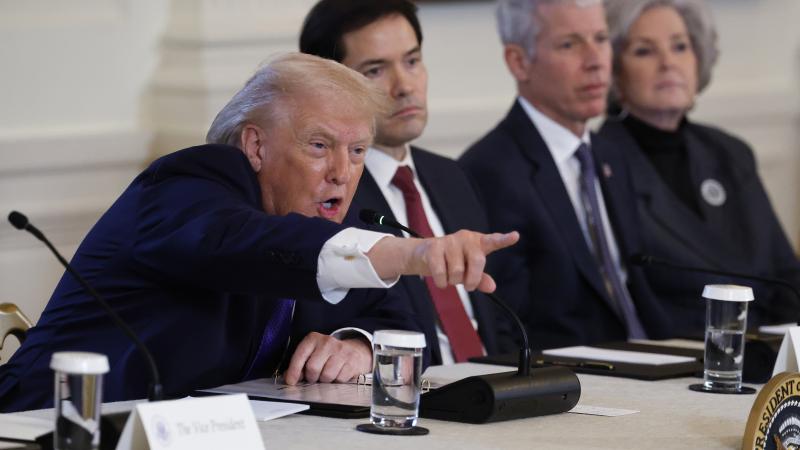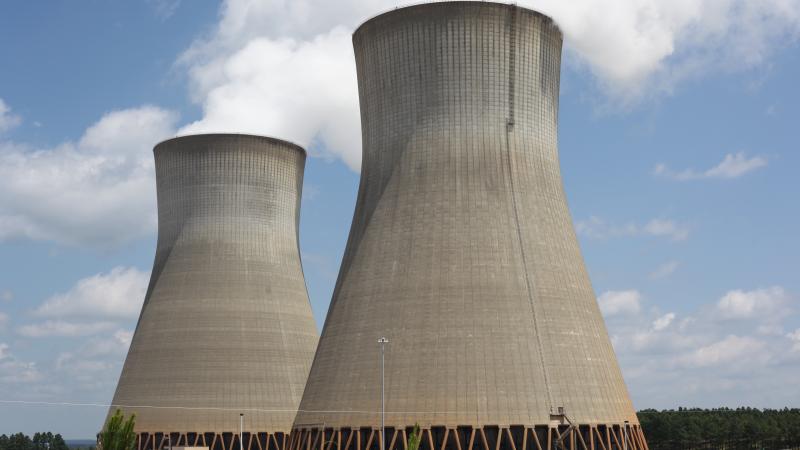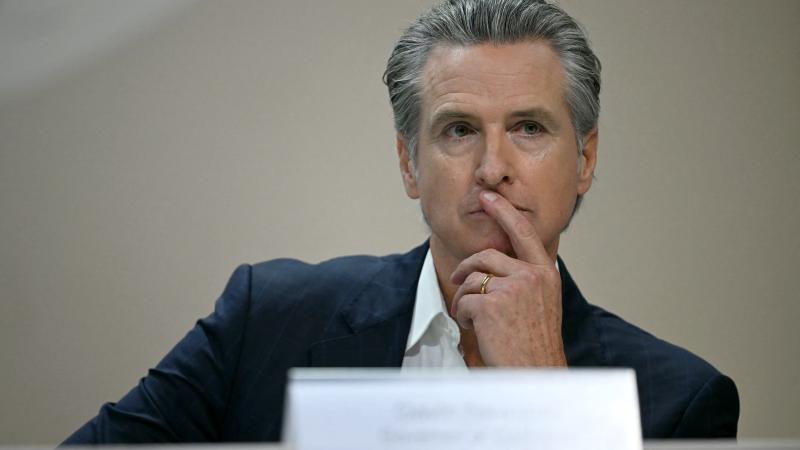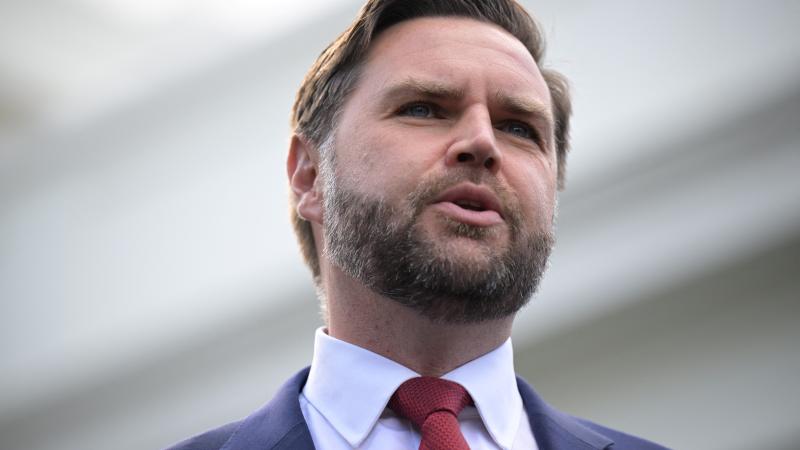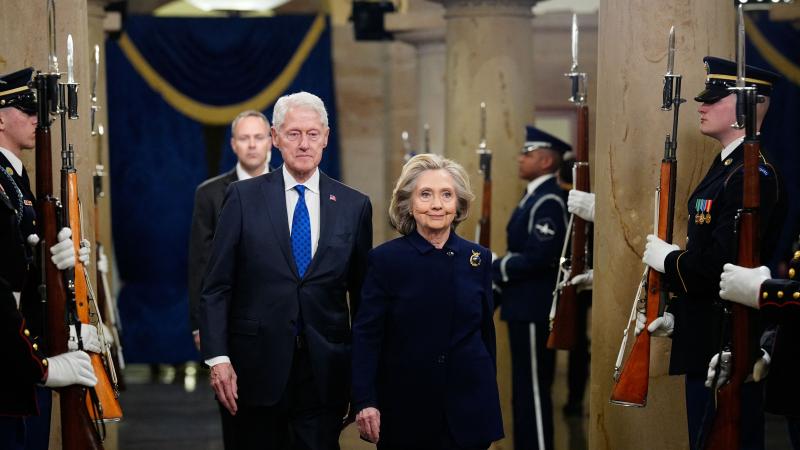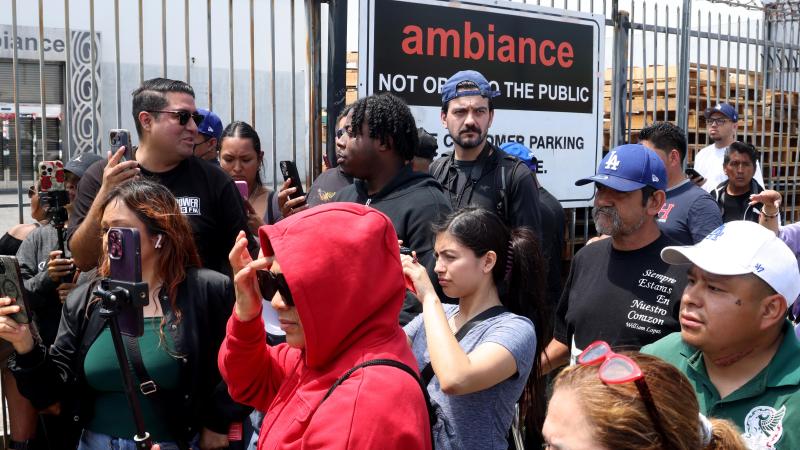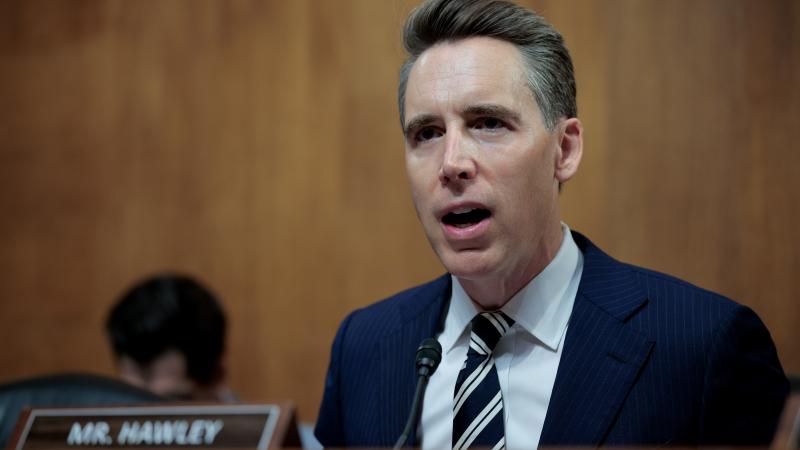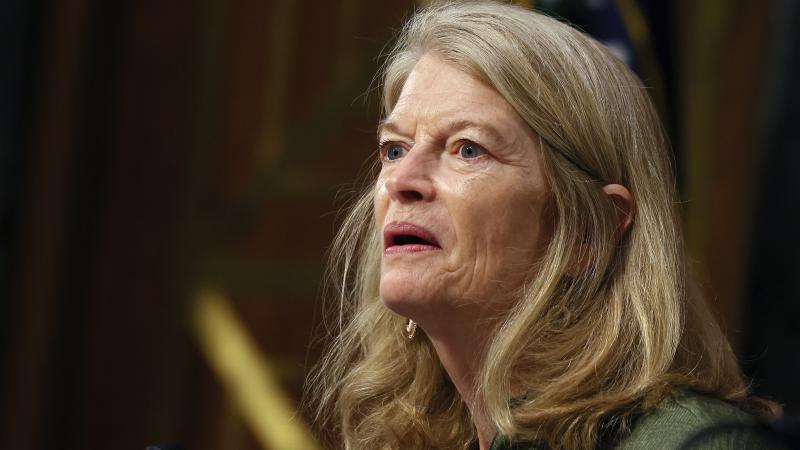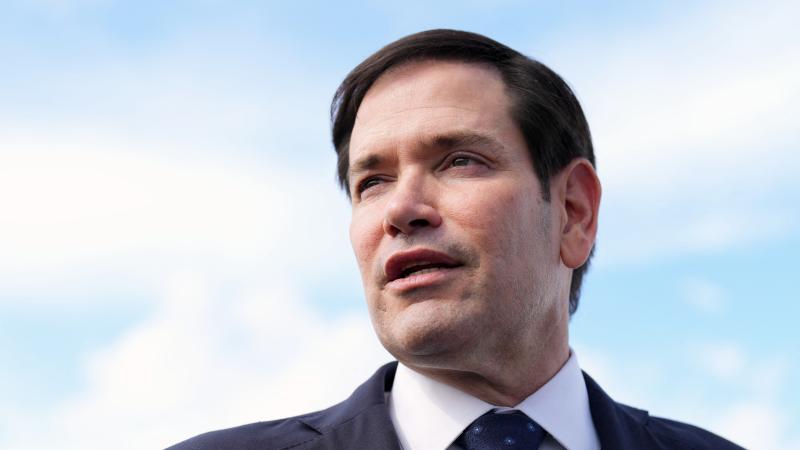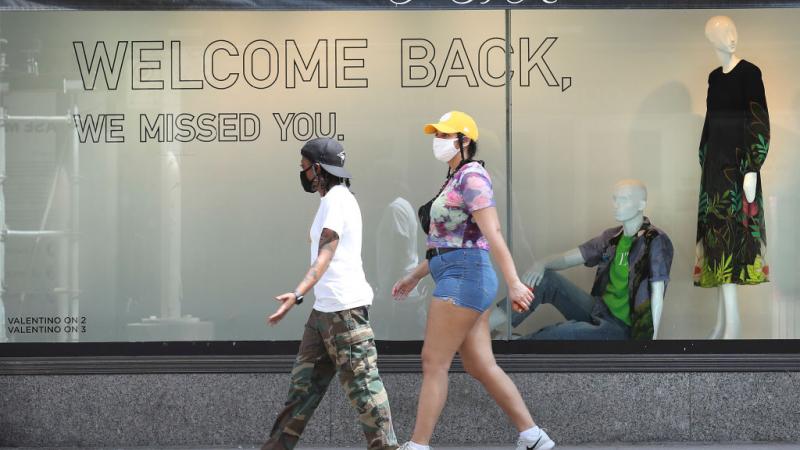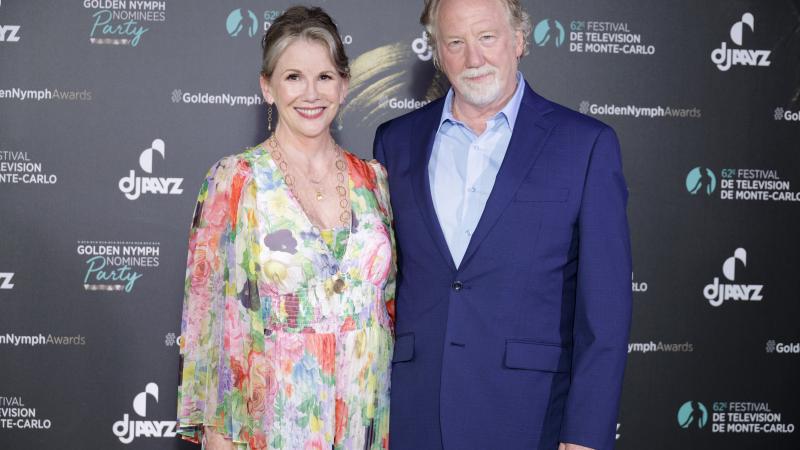Authors of DOE climate assessment call for open debate, as media and activists call them ‘deniers’
The DOE's recently released climate assessment report has brought the contrasting viewpoints into sharp focus.
The Department of Energy has released a climate assessment report that incorporates the conclusions of climate scientists who have long been labeled by Democrats, the media and climate activists as “climate deniers.”
In a statement announcing the release Tuesday of the report, Energy Secretary Chris Wright said it was part of the EPA proposed rule repealing the 2009 endangerment finding, which cites the report.
Wright writes in the report’s foreword that the modern world is one of unprecedented prosperity in human history, but the public is being told that “the very energy systems that enabled this progress now pose an existential threat.”
He said he commissioned the report to “encourage a more thoughtful and science-based conversation” that scrutinizes the view that fossil fuels are threatening humanity’s well-being.
The report’s co-author, Dr. Judith Curry, president of the Climate Forecast Applications Network and author of “Climate Uncertainty and Risk,” says on her blog that there wasn’t complete agreement among the authors, and she welcomes a robust discussion on the report’s conclusion. However, she wrote, she didn’t expect the same kind of openness from the alarmists who have long been the primary source of science informing climate policy for the past couple decades.
“The Michael Mann wing of the climate debate will hate this report because: the CWG [Climate Working Group] authors are reputable scientists outside of their ‘tribe.’ The Report demonstrates that Mann et al. are losing control of the climate narrative in the U.S., and because Trump Derangement Syndrome,” Curry wrote, adding that their usual ad hominem attacks won’t be effective against the report.
Recognized contrarians
Media coverage of the 151-page report, which contains hundreds of references, demonstrates Curry’s prediction of the response was accurate. Climatewire, a publication of Politico, published a fact check of the EPA’s proposed rule. The article notes that the proposed rule cites the DOE report, which Climatewire characterizes as “authored by scientists known for denying accepted climate science.”
CNN also referred to the report in its coverage of the EPA proposal, describing the DOE report as “authored by five researchers who have spent years sowing doubt in the scientific consensus around climate change.” Neither Climatewire nor CNN made any attempt in the respective stories to dispute the science presented in the report.
Andrew Dessler, professor of Atmospheric Sciences at Texas A&M, posted some initial thoughts on the report on X.
He described the authors as “widely recognized contrarians.” After attacking the authors’ credibility for presenting evidence that contradicts the status quo, he goes on to argue that “scientific credibility depends on a willingness to base conclusions on all of the evidence.”
Dr. Sterling Burnett, director of the Arthur B. Robinson Center on Climate and Environmental Policy at the Heartland Institute, laughed at the seeming contradiction Dressler displayed in his statement.
He told Just the News that critics of the report, such as Dressler, have long controlled the narrative, insisting that there was a consensus on the issue of which there is no legitimate dispute. Sterling said the very idea of consensus doesn’t belong in science.
“Science is not about debate," Burnett said. Science is about discovery, and it's based on data. Now, debate can help that along. Discussion of different points of view can help that along. But the truth is, in science, it doesn't matter what people say. It matters what the evidence shows. And this paper focuses on the evidence, not the prestige and the awards given to those who make statements supporting the consensus. A showing of hands? That's not science. That's politics."
Working group members
On her blog, Curry says the working group was assembled in April. Wright had invited her to participate, which she agreed to do, she explained, because she was impressed with what Wright wanted to do, she was familiar with the other members, and she saw an opportunity to set the record straight regarding what we know and don’t know about climate science.
The other members of the working group – the people that the media and critics of the report are calling “deniers” – are Dr. John Christy, Alabama’s state climatologist at the University of Alabama Huntsville; Dr. Steven Koonin, who served as undersecretary for science at the Energy Department under the Obama administration; Dr. Roy Spencer, principal research scientist at the University of Alabama Huntsville; and Dr. Ross McKitrick, professor of environmental economics at the University of Guelph in Ontario, Canada.
Spencer said on his blog that the working group had no pressure to come to any conclusions and that they had asked for complete autonomy. They also had no knowledge of the process policymakers at the EPA were going to do regarding energy policy.
“We suspected the Endangerment Finding would be the topic of greatest interest, but we also knew that the EPA’s strategy for rescinding that could take a mostly legal approach, with little need for science arguments … for now,” Spencer stated.
Too much gatekeeping
On his “The Honest Broker” Substack, Dr. Roger Pielke Jr., senior fellow at the American Enterprise Institute, called the DOE report a “red team” report because it “explicitly seeks to challenge aspects of climate science and policy in order to motivate debate and discussion.”
Koonin, Pielke noted, had called for such a “red team” assessment. Pielke agreed with Koonin that legitimate views have been excluded from major climate assessments, which was done, Pielke wrote, to create a “tidy story, convenient for climate politics.”
Pielke argued that it would have been better if climate assessments were a “big tent” with a full diversity of views included, rather than dueling assessments. “Climate science has seen far too much gatekeeping,” Pielke wrote.
Pielke also noted that many climate scientists on social media are responding to the report with name-calling, which he said he wouldn’t allow in the comments on his Substack. He referred to the statements Curry made on her blog, calling for a robust discussion of the working group’s conclusions.
“Rather than primarily seeking to defend our report, we regard the open comments as an opportunity for dialogue, learning, and clarification of areas of disagreement," Curry wrote. "We expect to spend considerable time and effort in responding to the comments."
The Facts Inside Our Reporter's Notebook
Links
- climate assessment report
- EPA proposed rule repealing the 2009 endangerment finding
- unprecedented prosperity in human history
- Climate Forecast Applications Network
- âClimate Uncertainty and Risk
- published a fact check
- CNN also referred to the report
- some initial thoughts on the report on X
- Dr. Sterling Burnett
- Dr. John Christy
- Dr. Steven Koonin
- Dr. Roy Spencer
- Dr. Ross McKitrick
- Spencer explained on his blog
- The Honest Broker
- Dr. Roger Pielke Jr
- had called
